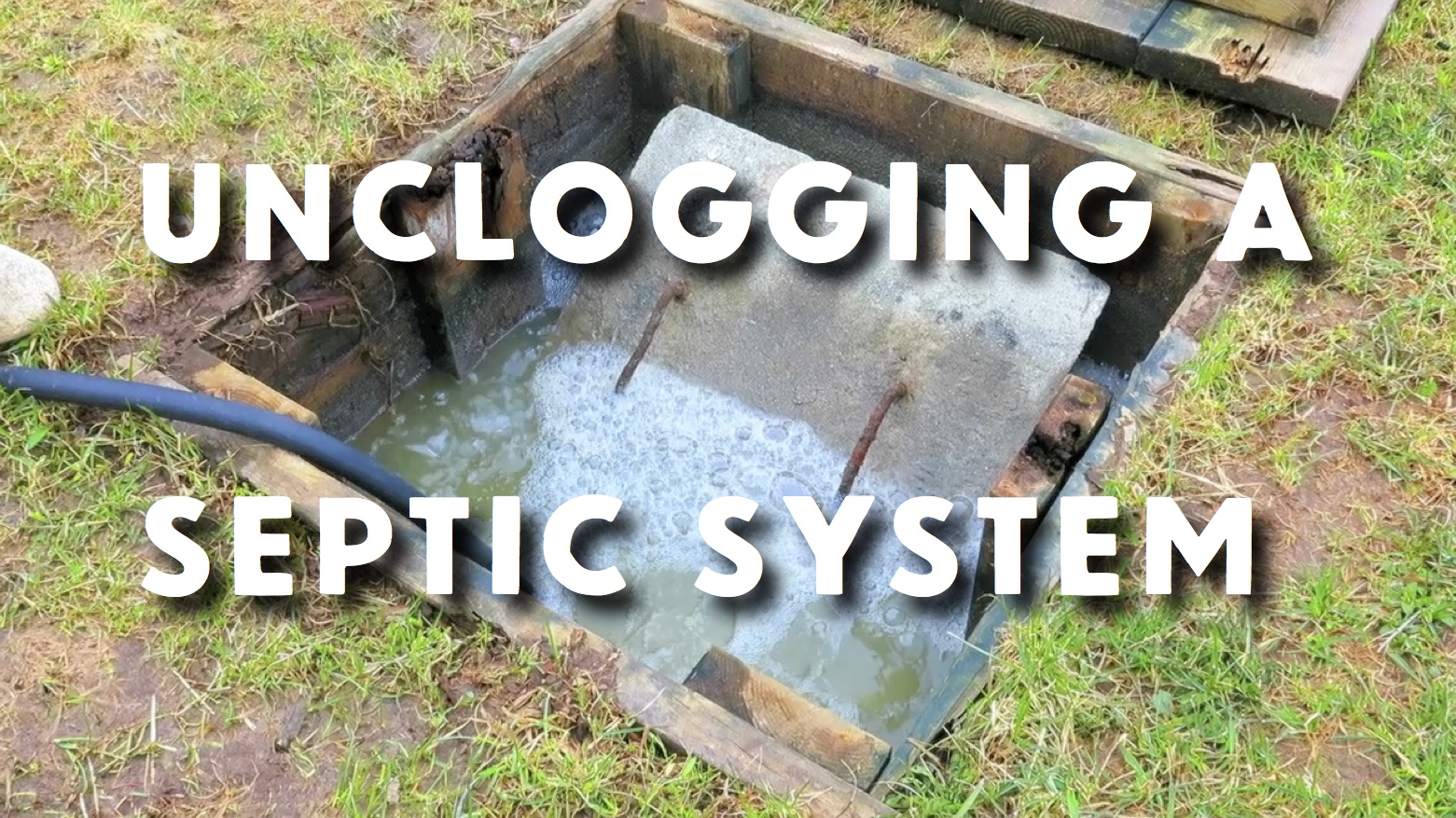Table of Content
You can install the A/C system while building the house up front, or always add it later – just be sure to specify a furnace that has enough clearance to add coils for cold air. Nearly all of the heating oil consumed in the United States is produced from crude oil. However, in recent years, some heating oil suppliers have begun offering heating oil blends of petroleum distillate and biofuels to consumers. The Internal Revenue Service requires heating oil and other distillate fuels that are not for highway use to be colored with a red dye. The red color identifies the fuel as exempt from the federal, state, and local taxes applied to fuels sold for use on public roadways and as illegal for use in vehicles that normally operate on roadways. A lot of households deal with poor heat distribution is a common issue in large-sized homes.
So, if you’re thinking about moving to a new home that doesn’t have a gas supply, or are curious about costs and how to save money, then read on. An oil heating system creates clean heat, and the newer models create and transmit almost zero-level smoke and combustion particles into the air. The Environmental Protection Agency has shared that oil burners provide one of the cleanest combustion sources. Your oil heating system, like other heaters, will need to be maintained so that it functions efficiently and safely. Your first step would be to clean the thermostat before the winter to ensure that it will produce a comfortable temperature in the house.
An old furnace and oil prices
If you choose scheduled delivery, you will still want to monitor the oil level in the tank on your own, to keep youroil from running lowand to eliminate the need for an emergency oil delivery. Changes in temperature and daily routines can cause your fuel use to fluctuate and your oil supply to run out sooner than usual. A boiler provides heat to your home by circulating hot water through pipes.

Oil heating systems are clean and safe for the environment and last twice as long as other fuel systems. Approving the plan is just the beginning of transforming elements of everyday life that affect climate change, council members said. Supporters argued that it was important to take bold action now.
Environmental Benefits of Using Oil Heating Systems
If you plan to purchase a new heating system, you now know the advantages and how the oil heating system operates. New models are safer for the environment and reduce heating costs over time. Furnaces and Boilers Most Americans heat their homes with a furnace or boiler, and high-efficiency models of all types of furnaces and boilers are available.

The cooled air or water once again returns to the heat exchanger or circulator to start the process over. When an oil heating system gets the signal that it needs to warm up a house, the oil gets pumped from the tank into the combustion chamber. Usually, the oil is under a lot of pressure as it enters the chamber. Although older oil heat systems featured a pilot light that was burned continually, newer models feature electronic ignition. A flame is only lit when the heating system is running through a cycle. Because modern home heating oil systems are safer, friendlier to the environment and more economical, buying a home with one of these systems shouldn't be a problem at all.
Heating & Cooling Systems
Home with oil central heating aren't connected to the main gas grid. In line with 2050 emissions targets, the UK government has begun to phase out oil boilers – so no new ones can be installed after 2025. Bulk buy – if you don’t have a large-capacity tank, there are heating oil buying clubs you can join. Research is underway to find a suitable biofuel alternative to kerosene, which could provide a cleaner, greener alternative. But currently there’s no viable biofuel to replace domestic heating oil2.
It is simple to reduce the heating capacity of your oil boiler or furnace to make it operate more efficiently by having a technician install a smaller nozzle. The cost is minimal and it could cut fuel bills by as much as 10%. Oil heat refers to the type of fuel a heating system uses when it warms a house. Oil heat is often compared to other types of heating fuel, such as natural gas.
Different Types of Heating Fuels
In New York State, conventional heating and cooling systems (furnaces, boilers, central/window ACs, etc.) are responsible for 37 percent of energy consumption and 32 percent of greenhouse gas emissions. There are a lot of things that homeowners can do to improve the energy efficiency of their properties including scheduling yearly HVAC tune-up service and having programmable, smart thermostats installed. However, nothing will have as great an impact than investing in modern, energy-efficient heating equipment. Get the above-mentioned benefits and more by making this upgrade now. Speak with a trusted HVAC company in your area to get help finding the right model and to learn more about your available options in financing.

Your wallet isn’t the only thing that will benefit from this upgrade. There are impressive environmental benefits to consider as well. A high-efficiency model will lower carbon emissions and conserve important natural resources. If you want a greener and more efficient home, this is definitely the choice to make. In certain areas, homeowners may even be qualified for certain tax credits when they choose to have energy-efficient HVAC equipment installed.
Areas with a large number of competing suppliers will likely have lower heating oil prices. Regions with few options may cost homeowners more to stay warm. New York is planning to phase in home heating technology, such as the air-source heat pump shown here, that does not produce greenhouse gas emissions.
HomeServe's Blog is your source for home maintenance and repair tips, information and news for educational and entertainment purposes only. The Blog should not be used as a substitute for a competent advice from a licensed professional in your state, reviewing your issue. The opinions, beliefs and viewpoints expressed by the bloggers and other third party content providers do not neccessarily reflect the opinions, beliefs and viewpoints of HomeServe or its affiliate companies.

No comments:
Post a Comment